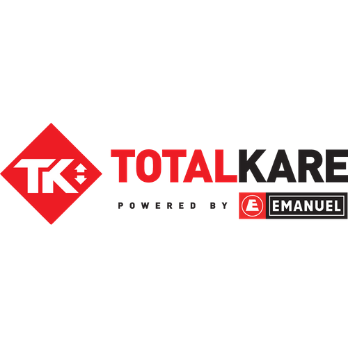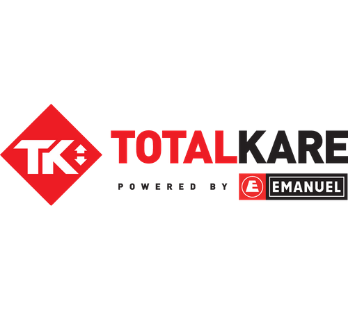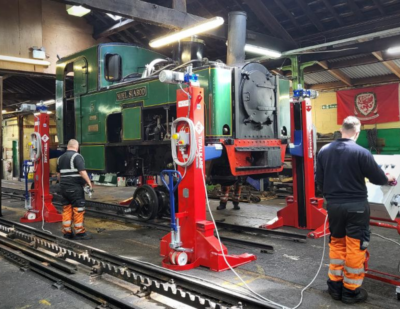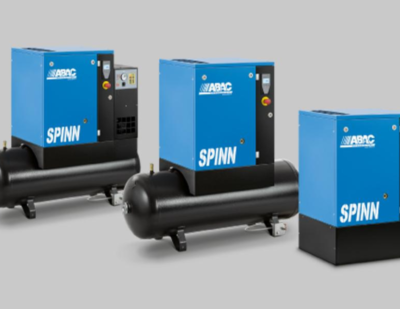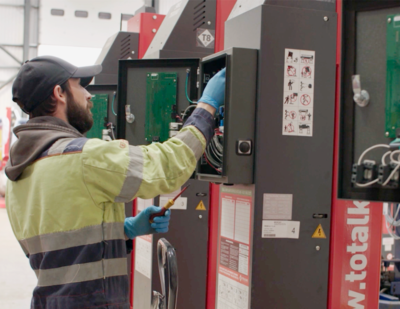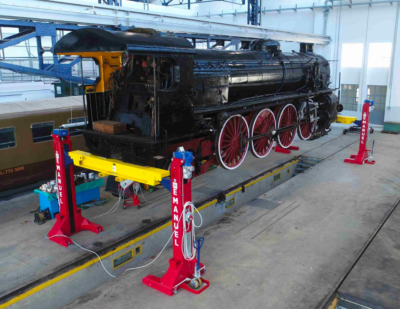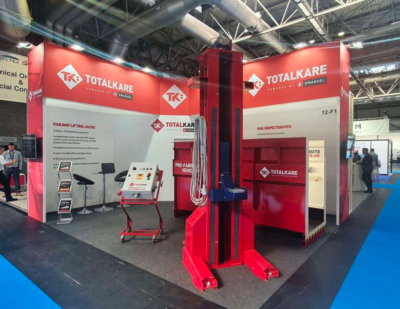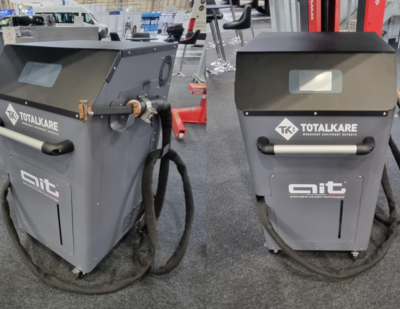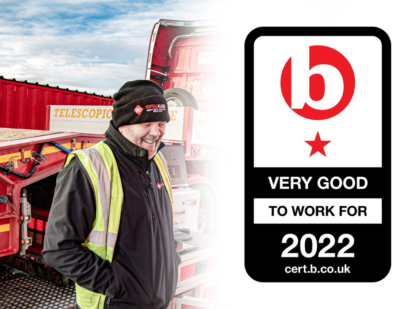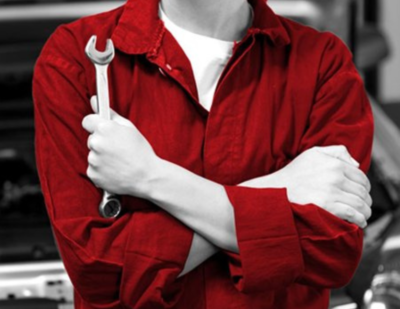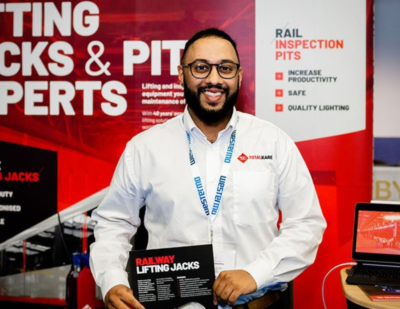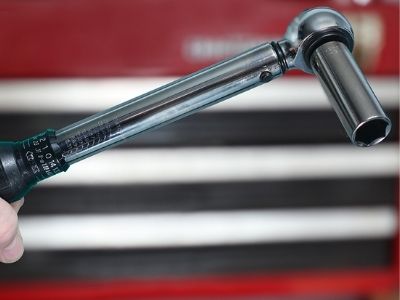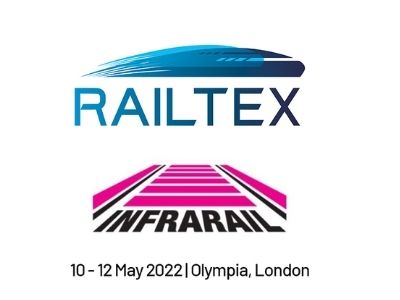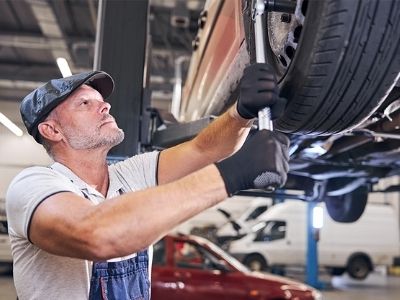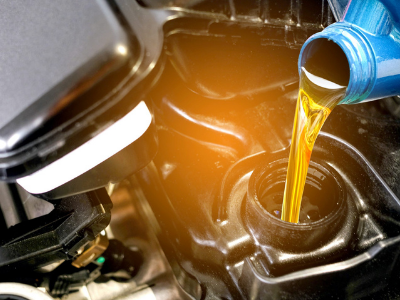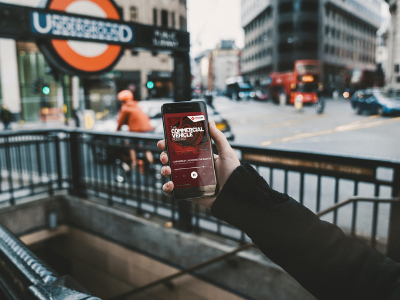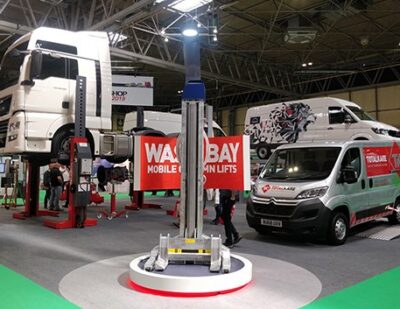Whether you’re a workshop veteran or a fresh new recruit, it can be tough to keep up with the insider lingo and industry jargon.
So to help your new team members out (or to refresh your own memory if you’re feeling rusty), we’ve put together some of the most common vehicle workshop terms you’re likely to encounter — as well as what they really mean.
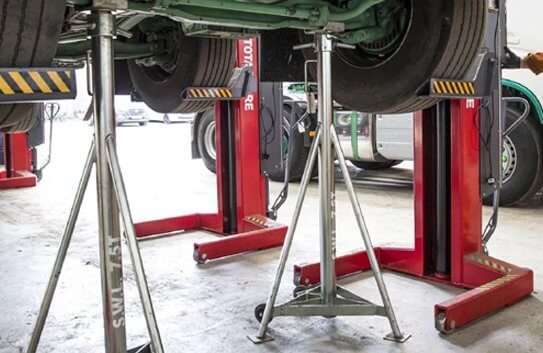
Here’s the workshop jargon that you need to be aware of:
1. LOLER
LOLER stands for Lifting Operations and Lifting Equipment Regulations. That might sound like a mouthful, but the idea behind it is simple:
It’s about the duties that come with lifts and lifting equipment — the people and companies that own and operate them, and the controls you put in place to stay on top of them.
So if you’re running a workshop that uses commercial vehicle lifts, this definitely applies to you.
The government’s Health and Safety Executive (HSE) website has a comprehensive guide to LOLER and what it means for your business, laying out the obligations and rules that you’ll need to follow to stay compliant.
But as a high-level overview, following LOLER means you need to:
- Plan your lifting operations properly
- Use people who are sufficiently competent
- Supervise your lifting operations properly
- And ensure that those operations are carried out safely.
2. PUWER
PUWER stands for Provision and Use of Work Equipment Regulations. While LOLER is a specific set of regulations for lifting, PUWER is a more broad category — one that applies to any machinery, tool, or installation that’s used for work.
(But that doesn’t mean they’re entirely separate. Your lifting equipment and operations need to satisfy PUWER as well as LOLER.)
So what does PUWER mean for businesses like yours?
You can get the full details on the HSE’s guide to PUWER. But at a basic level, it means you need to make sure any equipment that’s used for work is:
- Suitable for the intended use
- Safe for use — including the correct installation, regular inspections, and maintaining it in a safe condition
- Used only by people who have had the right training, information, and instruction
- Covered by suitable health and safety measures — such as protective devices and controls
- And used in accordance with specific requirements.
3. Galvanisation
Galvanisation is the process of applying a protective coating of zinc onto iron or steel, in order to guard it against water and rust.
It’s a broad manufacturing process that’s used in all kinds of products and structures — but it’s especially important for commercial vehicle workshops that have their own wash bay.
You might have seen that some workshop equipment comes with options for galvanisation (or that they come “fully galvanised”) — like our Heavy Duty Y-MECH Lift, or our Heavy Duty Four Post Lift.
These special versions of our classic lifts have had their metal parts galvanised with a coating of zinc to protect them from the damaging effects of water. And that means they’re specifically designed to be used safely in a wash bay environment — to keep them in top condition through repeated use in wet conditions.
4. IP Rating
IP stands for Ingress Protection — and an IP Rating is a measure of how well your equipment is protected.
It’s really just a fancy way of saying “protection against stuff getting in”. And that’s especially important when we’re talking about the electrical components and circuitry that power the heavy-duty equipment used by vehicle workshops.
In particular, an IP Rating measures the protection against liquids and solids (usually water and particles). That’s why an IP Rating always comes as a number with two digits — such as “IP67”.
The first digit is a measure of how well your equipment is protected against solids. That could mean fingers and nuts and bolts — but it also means airborne dust and particles that won’t be obvious.
The second digit is a measure of the protection against liquids — from drips and sprays up to complete submersion in water.
So how can you make sense of an IP Rating when you see one?
Each digit is graded separately, with a higher number representing a greater protection against either solids and or liquids.
So when you see a piece of equipment that’s rated IP67 — like the columns on our Wash Bay Mobile Column Lift — you know it’s got an extremely high level of protection against water (7), and a slightly lower protection against solids (6).
5. Recessed and Surface Mounted
You might have seen these terms attached to a fixed-installation lift — like our Light Commercial Four Post Lift, or our heavy-duty In-Ground Lift.
And while it might seem like a small distinction, choosing between a surface-mounted lift and a recessed lift can make a huge difference to how you organise your workshop.
A surface-mounted lift is one that’s attached to the floor at floor level. When the lift is in its lowered position, the platforms and rails are above ground. You’ll need to drive up a small ramp to position your vehicles.
But with a recessed installation, the lift is attached below the level of the floor. When you lower the lift, you’ll get a completely flush fit with the floor of your workshop — which means you can drive your vehicles into position as if the lift platforms were just part of the floor.
So why does this matter?
It’s all about the space you can save when you’re not using the lift.
With a recessed installation in its lowered position, there are no parts or machinery sticking up out of the ground. It’s a completely flush fit that creates an additional flat space on your workshop floor — so you can set up new workstations, move smaller equipment on top, or simply create new routes through your workshop to make life easier for your teams.
And the result?
You’re getting more value out of every square foot you have — and giving your throughput and efficiency a boost in the process.
This article was originally published by Totalkare Ltd.
